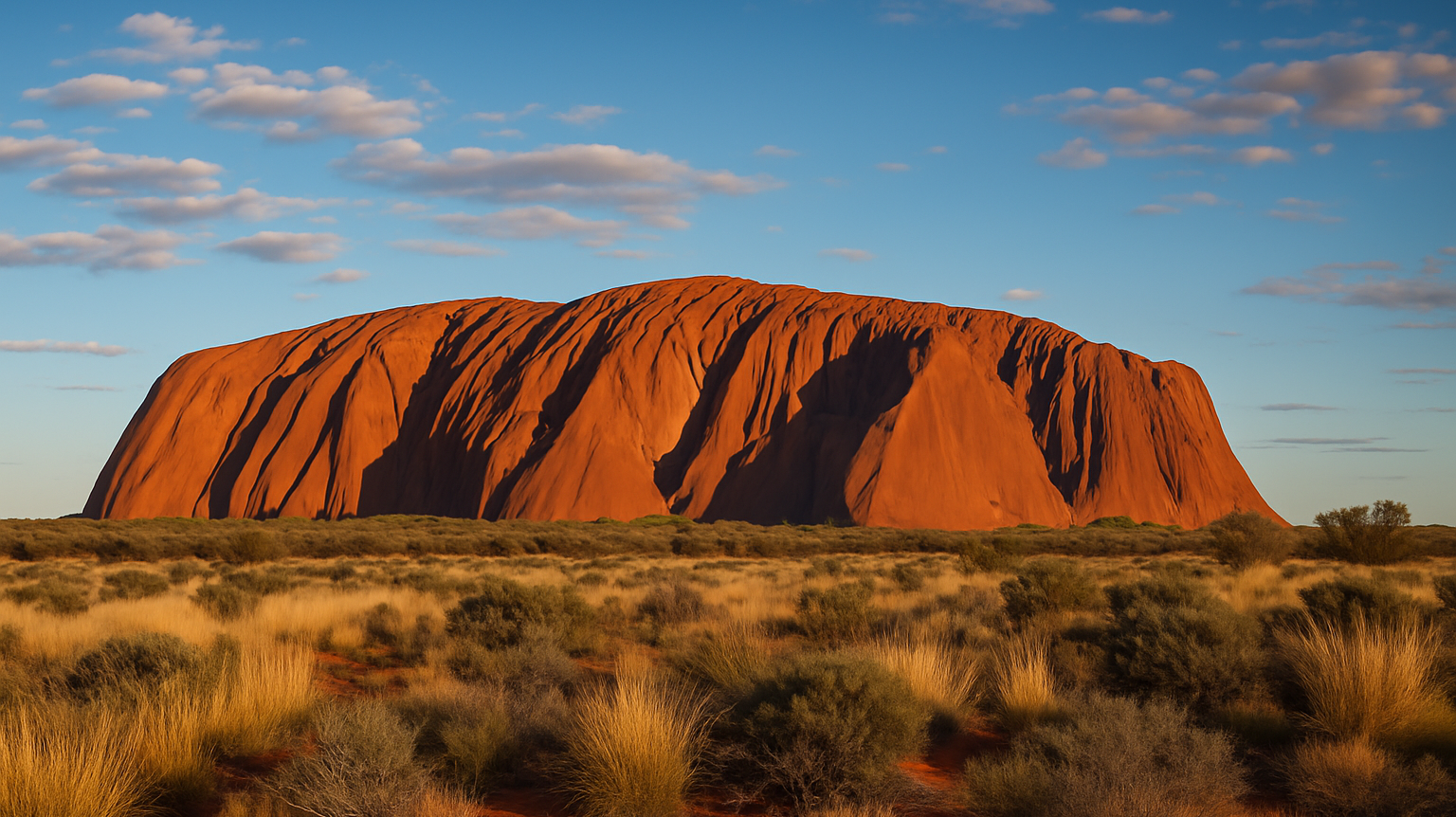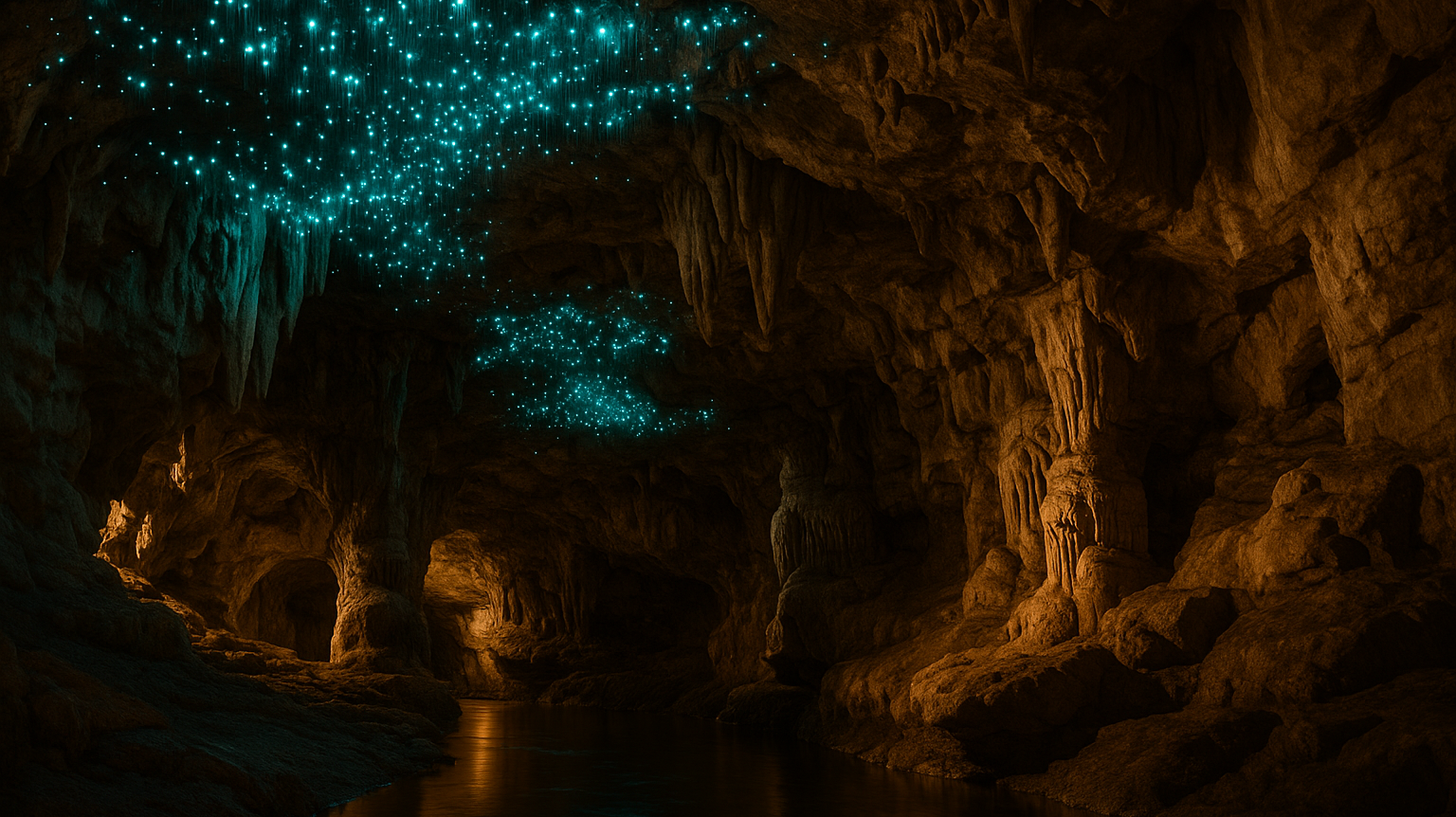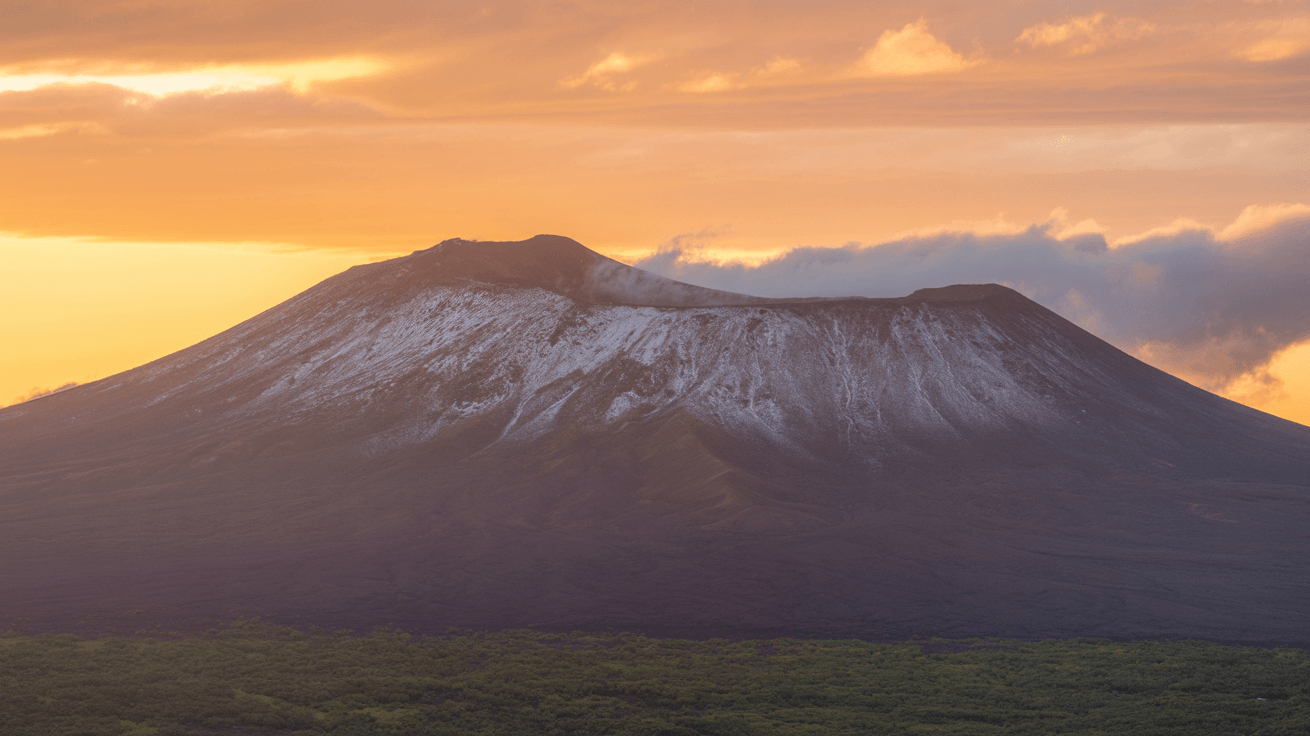Experience the wonder of God’s creation through the Galápagos Islands—volcanic beauty, unique wildlife, and divine design in South America.
The Nile River is one of the most iconic and awe-inspiring natural wonders in the world. Flowing through northeastern Africa, it stretches across eleven countries, providing life to millions. This mighty river holds not only geographical significance but also spiritual and biblical importance. It is a testament to the beauty and power of God's creation, serving as a source of sustenance, wonder, and inspiration for countless generations. In this article, we’ll explore why the Nile River is considered a natural wonder and how it reflects God's purpose in the world.
Location of the Nile River
The Nile River flows through northeastern Africa. It is one of the longest rivers in the world, stretching for about 4,135 miles (6,650 kilometers). The river flows northward and ends in the Mediterranean Sea.
The Nile passes through the following countries:
- Uganda
- South Sudan
- Sudan
- Egypt
- Eritrea
- Ethiopia
- Tanzania
- Kenya
- Burundi
- Rwanda
- Congo-Kinshasa
Its two major tributaries, the White Nile and the Blue Nile, converge at Khartoum, Sudan. Together, they form the mighty river that has shaped the land and the civilizations that grew around it.
The Role of the Nile River in God's Creation
The Nile River is known as the "lifeblood" of Egypt due to its crucial role in sustaining life. It flows through deserts, bringing fertility to the land. The river provides water and nutrient-rich silt, which makes the soil fertile enough for agriculture.
God's Provision
The Bible speaks of rivers as symbols of God's provision. One example is Psalm 65:9:
"You care for the land and water it; you enrich it abundantly. The streams of God are filled with water to provide the people with grain, for so you have ordained it."
The Nile is a living example of this scripture, as it nourishes the people and land of Egypt and many other nations. It showcases God's ongoing provision for His creation.
A Source of Life
For thousands of years, the Nile has been the source of life for the people who live along its banks. Its annual floods deposit fertile silt that allows crops to grow in an otherwise arid land. Without the Nile’s flooding, Egypt would not have been able to sustain its large population.
This annual flooding is a reminder of God’s faithfulness to provide. In Matthew 6:31-33, Jesus encourages us to trust in God's provision:
"So do not worry, saying, 'What shall we eat?' or 'What shall we drink?' or 'What shall we wear?' For the pagans run after all these things, and your heavenly Father knows that you need them. But seek first his kingdom and his righteousness, and all these things will be given to you as well."
God’s Beauty in the Nile
The Nile is not only a provider of life but also a showcase of God’s beauty. The river flows through many ecosystems—deserts, forests, and mountains—creating stunning landscapes. The river sustains diverse wildlife, including:
- Crocodiles
- Hippos
- Numerous species of fish
- A wide variety of birds
In Genesis 2:10, the Bible speaks of a river in Eden that watered the garden, illustrating the purpose of rivers to sustain life:
"A river watering the garden flowed from Eden; from there it was separated into four headwaters."
The Nile is a modern reflection of this divine purpose, nurturing both plants and animals along its banks.
The Nile’s Significance in Ancient Egypt
The Nile played a central role in the development of ancient Egyptian civilization. It influenced all aspects of life, from religion to economy and governance.
- Hapi, the God of the Nile: The Egyptians worshipped Hapi, the god of the Nile, believing that he caused the river to flood annually, bringing abundance to the land.
- Fertility and Agriculture: The Nile’s flooding provided nutrient-rich silt, making the land fertile for growing crops.
- Transportation and Trade: The river served as a vital transportation route, connecting cities and enabling trade throughout Egypt and beyond.
The Nile’s role as a source of fertility and life was seen as a divine blessing. However, we know that it is God who blesses the land with the river’s life-giving flow.
In Exodus 7:17, God demonstrated His authority over the Nile when He turned the river into blood during one of the plagues:
"This is what the Lord says: By this you will know that I am the Lord: With the staff that is in my hand I will strike the water of the Nile, and it will be changed into blood."
This act shows God’s ultimate power, even over something as vital as the Nile.
The Nile as a Biblical Symbol
In the Bible, rivers often symbolize God’s judgment and mercy. The Nile is no exception.
- Moses' Protection: As a baby, Moses was placed in a basket and set afloat on the Nile by his mother to protect him from Pharaoh’s decree. This event was part of God’s plan to deliver His people.
- The Plagues: The Nile played a central role in the ten plagues that God sent upon Egypt, showing His power and His ability to both judge and save.
The Nile's dual role in God’s judgment and mercy highlights His sovereignty and divine plan. God used the river to protect Moses and deliver His people, as well as to bring judgment upon Egypt for its refusal to release the Israelites.
A Natural Wonder
The Nile is considered a natural wonder for several reasons:
- Length: The Nile is the longest river in the world, spanning 4,135 miles (6,650 kilometers).
- Annual Flooding: The river floods each year, replenishing the land with fertile silt.
- Biodiversity: The river sustains a wide variety of life, from animals to plants.
- Historical Significance: The Nile was essential to the rise of ancient Egyptian civilization and continues to be a source of life today.
These remarkable features make the Nile a true natural wonder, showcasing God's power and beauty in His creation.
Reflection of God’s Power
The magnitude of the Nile River highlights God’s immense power. It’s no accident that such a powerful river runs through Egypt, a land known for its ancient civilizations. As the psalmist writes in Psalm 104:24:
"How many are your works, Lord! In wisdom you made them all; the earth is full of your creatures."
The Nile, with all its life-giving properties, serves as a reminder of God’s wisdom, power, and provision.
Want to Learn More?
If you’re interested in learning more about the Nile River and its significance, here are two great resources:



























